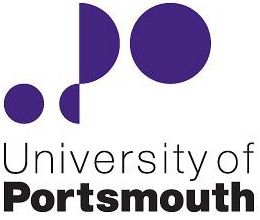The swift victory of the railway over the waterway resulted from organizational as well as technological innovation. Technology made possible fast, all-weather transportation; but safe, regular, reliable movement of goods and passengers, as well as the continuing maintenance and repair of locomotives, rolling stock, and track, roadbed, stations, roundhouses and other equipment, required the creation of a sizable administrative organization. It meant the employment of an administrative command of middle and top executives to monitor, evaluate, and coordinate the work of managers responsible for the day-to-day operations. It meant, too, the formulation of brand new types of internal administrative procedures and accounting and statistical controls. Hence, the operational requirements of the railroads demanded the creation of the first administrative hierarchies in American business.
Alfred D. Chandler, Jr. The Visible Hand (1977) p. 87.


